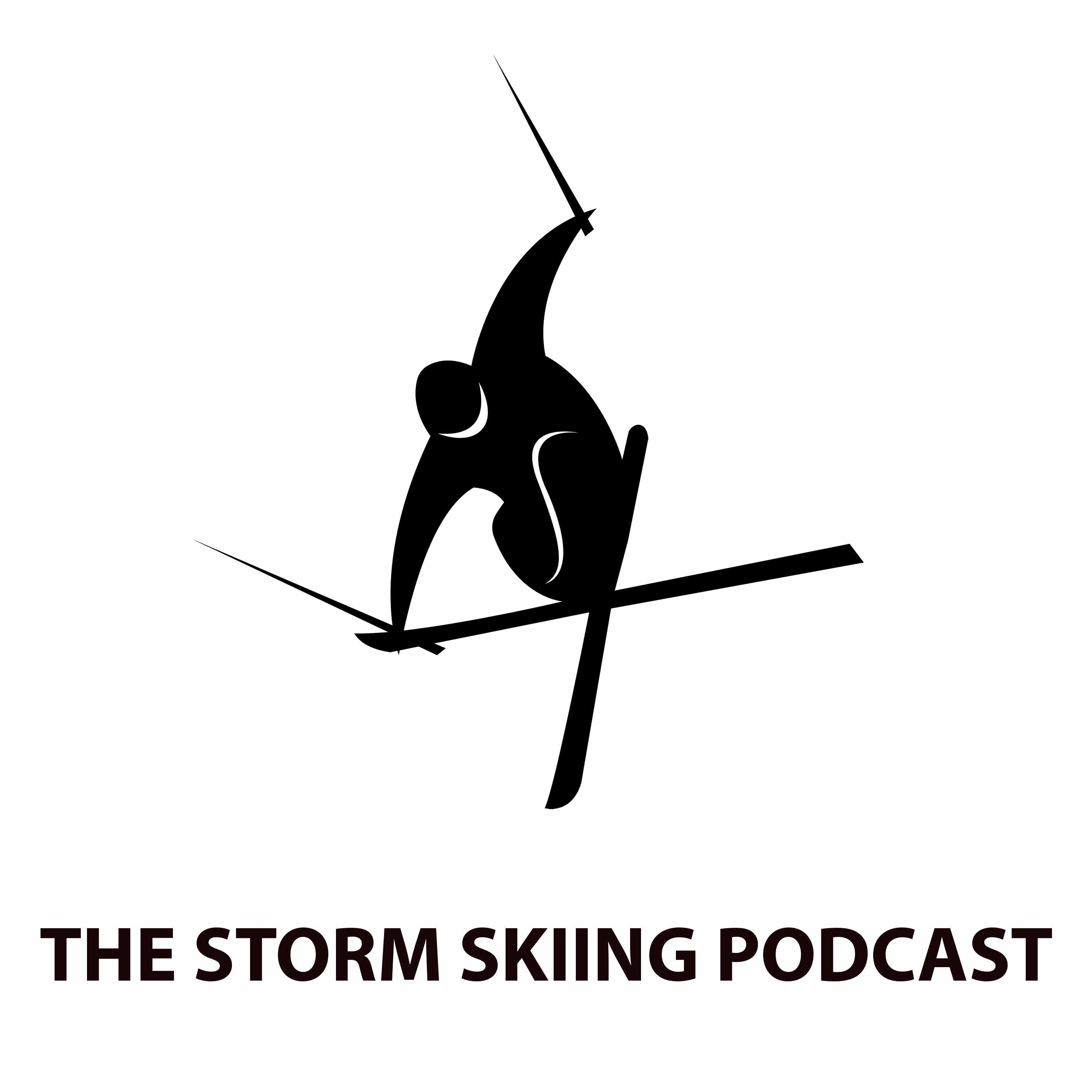Podcast #185: Norway Mountain, Michigan Owner Justin Hoppe
Description
This podcast hit paid subscribers’ inboxes on Oct. 17. It dropped for free subscribers on Oct. 24. To receive future episodes as soon as they’re live, and to support independent ski journalism, please consider an upgrade to a paid subscription. You can also subscribe to the free tier below:
When we recorded this podcast, Norway Mountain’s adult season pass rates were set at $289. They have since increased by $100, but Hoppe is offering a $100 discount with the code “storm” through Nov. 1, 2024.
Who
Justin Hoppe, Owner of Norway Mountain, Michigan
Recorded on
September 16, 2024
About Norway Mountain
Owned by: Justin Hoppe
Located in: Norway, Michigan
Year founded: Around 1974, as Norvul ski area; then Vulcan USA; then Briar Mountain; then Mont Brier; and finally Norway Mountain from ~1993 to 2012; then from 2014 to 2017; re-opened 2024
Pass affiliations: Freedom Pass – 3 days each at these ski areas:
Closest neighboring ski areas: Pine Mountain (:22), Keyes Peak (:35), Crystella (:46), Gladstone (:59), Ski Brule (1:04)
Base elevation: 835 feet
Summit elevation: 1,335 feet
Vertical drop: 500 feet
Skiable Acres: 186
Average annual snowfall: 50 inches
Trail count: 15
Lift count: 6 (1 triple, 2 doubles, 3 handle tows)
The map above is what Norway currently displays on its website. Here’s a 2007 map that’s substantively the same, but with higher resolution:
View historic Norway Mountain trailmaps on skimap.org.
Why I interviewed him
What a noble act: to resurrect a dead ski area. I’ll acknowledge that a ski area is just a business. But it’s also a (usually) irreplaceable community asset, an organ without which the body can live but does not function quite right. We read about factories closing up and towns dying along with them. This is because the jobs leave, yes, but there’s an identity piece too. As General Motors pulled out of Saginaw and Flint in the 1980s and ‘90s, I watched, from a small town nearby, those places lose a part of their essence, their swagger and character. People were proud to have a GM factory in town, to have a GM job with a good wage, to be a piece of a global something that everyone knew about.
Something less profound but similar happens when a ski area shuts down. I’ve written before about Apple Mountain, the 200-vertical-foot bump in Freeland, Michigan where I spent my second-ever day on skis:
[Apple Mountain] has been closed since 2017. Something about the snowmaking system that’s either too hard or too expensive to fix. That leaves Michigan’s Tri-Cities – Midland, Bay City, and Saginaw, with a total metro population approaching 400,000 – with no functioning ski area. Snow Snake is only about 40 minutes north of Midland, and Mt. Holly is less than an hour south of Saginaw. But Apple Mountain, tucked into the backwoods behind Freeland, sat dead in the middle of the triangle. It was accessible to almost any schoolkid, and, humble as it was, stoked that fire for thousands of what became lifelong skiers.
What skiing has lost without Apple Mountain is impossible to calculate. I would argue that it was one of the more important ski areas anywhere. Winters in mid-Michigan are long, cold, snowy, and dull. People need something to do. But skiing is not an obvious solution: this is the flattest place you can imagine. To have skiing – any skiing – in the region was a joy and a novelty. There was no redundancy, no competing ski center. And so the place was impossibly busy at all times, minting skiers who would go off to start ski newsletters and run huge resorts on the other side of the country.
When the factory closes, the jobs go, and often nothing replaces them. Losing a ski area is similar. The skiers go, and nothing replaces them. The kids just do other things. They never become skiers.
Children of Men, released in 2006, envisions a world 18 years after women have stopped having babies. Humanity lives on, but has collectively lost its soul. Violence and disorder reign.
More Episodes
Published 11/17/24
Published 11/12/24


